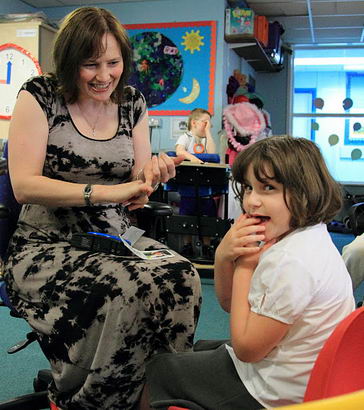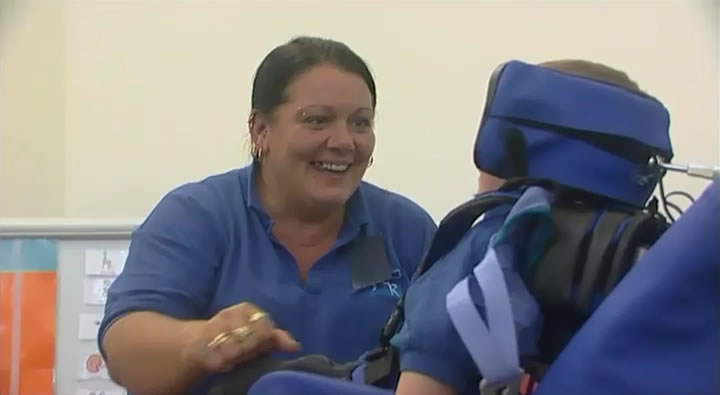Developing communication

- The fundamental skills of communication are learnt from birth.
- These fundamental skills underpin the development of speech and language in the second and third years of a child's development.
- Speech development also occurs in many ways from the word 'go', but it is useful to think about the fundamentals of communication as underpinning this development.
The fundamentals
Children learn to communicate.
The fundamental skills of early communication are to:
- Give brief attention to another person.
- Share attention with another person.
- Extend this attention and to concentrate on another person.
- Develop shared attention into 'activities'.
- Take turns in exchanges of behaviour.
- Have fun and play.
- Use and understand eye contact.
- Use and understand facial expressions.
- Use and understand non-verbal communication such as gesture and body language.
- Use and understand physical contact.
- Use and understand vocalisations, with the vocalisations used becoming more varied and extensive, then gradually becoming more precise and meaningful.
Observing communication skills
Watch this video and listen to Lesley, a senior teaching assistant, explaining how she has worked with Callum for four years to build up a relationship and to develop his communication skills.
What fundamental communication skills has Callum developed so far? (Refer to the list on the previous slide.)
What did you notice?
Click here for possible answers.
You might have noticed:
- How closely Callum attends to Lesley when she interacts with him.
- Callum and Lesley take turns.
- They have fun and play.
- Callum makes eye contact with Lesley.
- He uses a range of facial expressions in his interaction with Lesley.
- He uses some body language and tries to make physical contact with Lesley.
He is beginning to make a range of vocalisations.
Return
